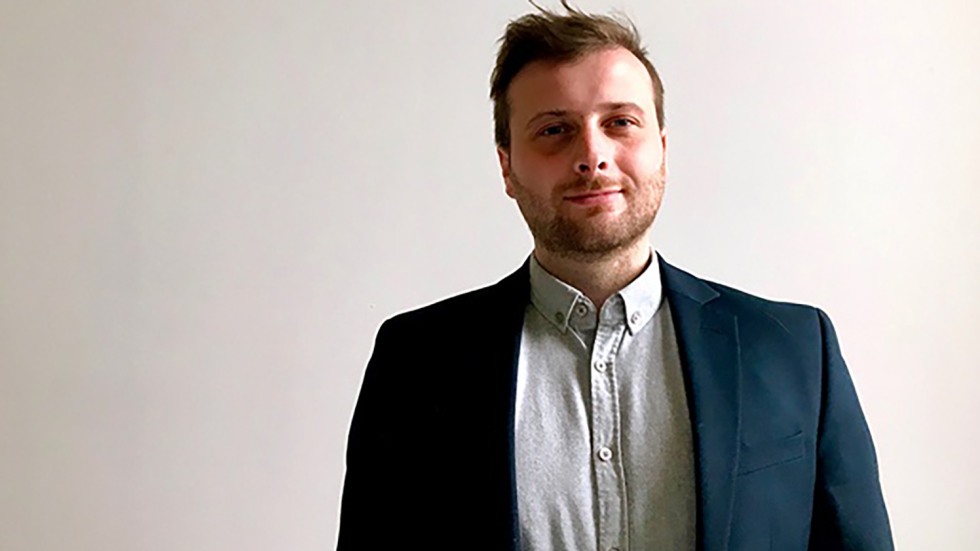Each year, the Annenberg Institute at Brown seeks an MPA intern with knowledge in both policy making and applied philosophy to develop a professional development curriculum for school leaders, district and state policymakers that will help them think more clearly about values and data in decision-making. In short, the goal of the consultancy is to develop a program for education decision-makers to enagage with salient policy questions and build their understanding of how to incorporate their values, concrete goals, and empirical evidence in their decision-making.
Michael Furac, MPA ’21 completed this consultancy with Professor Susanna Loeb, Director of the Annenberg Institute, and now serves as a part-time Research Assistant for the Center for Human Rights and Humanitarian Studies at the Watson Institute. He discusses his experience as a Graduate Consultant in this spotlight interview.
What was the specific scope of your consultancy proposal and why did you find it critical in terms of educational research?
My consultancy focused on developing a “curriculum” that could challenge policy decision-makers in the educational sphere to think differently about how they distributed educational resources. Specifically, I aimed to combine a critical philosophic view about the role and goods of education in people’s lives, and society more generally, with modern policy-making considerations that are predominantly economic, to show that there is a wider set of reasons to make decisions within educational resource distribution than was currently being recognized.
The task was to provide a framework in which apples could be effectively compared to oranges, and then support that framework by drawing on research in both philosophy and public policy. The deliverable was a set of working documents that would be used to facilitate workshops that would engage policy decision-makers with this framework. Taken together, the framework and the working documents create the “curriculum” that can be used to engage relevant parties with the issues at hand.
Why is it important for educational policy decision-makers to consider values beyond economic ROI?
In short, because education is not something we engage in purely for economic reasons. While it may be true that greater access to education can improve people’s economic conditions (broadly speaking), it is not true that this is the only value of education in human lives, and in society generally. An education is many things, but it is certainly a first interaction with a variety of experiences and ideas, all of which can shape a person’s future. Someone who has been exposed to a diverse curriculum (math, science, music, athletics, literature, history, etc.) will have a greater array of personally fulfilling activities to choose from as they go on to construct their life. Consider someone who was never introduced to playing music, compared to someone who did have that opportunity. Even if the person who was introduced to playing music does not go on to make that a part of their life as an adult, they are choosing not to do so with greater rational autonomy than the one who was never introduced to the experience. We cannot enjoy what we do not know exists, and the education system is integral for showing people what exists to be excited about. This means that access to education improves subjective happiness, at the least, and genuinely improves lives in an objective way, at the most. By reducing the value of education to economic return on investment we devalue education’s role in human development to the detriment of those who are developing. Thinking only in terms of economics is empirically and theoretically shallow.
What was your experience like working with Susanna Loeb?
Working with Dr. Loeb was wonderful. She is a brilliant thinker who is willing to challenge orthodoxy, but always in a productive manner. She challenged me to root out prejudices of thought and to support my intuitions with clear reasons, expressed in terms that bridged the boundaries of the academic disciplines within which we were working. Beyond her intellectual acumen, she is also an incredibly supportive person with whom it was easy to work.
Having completed this consultancy, where do you see yourself next and what will you be focusing on?
I am currently working as an analyst with a consulting firm that focuses on bringing values and qualitative considerations into state spending. The work crosses all boundaries of government services, which I am excited by as it means there is always more to learn and more processes to improve. My work in the consultancy directly relates to the work I perform today, as they both involve crossing conceptual boundaries to improve the quality and value of real people’s lives.
